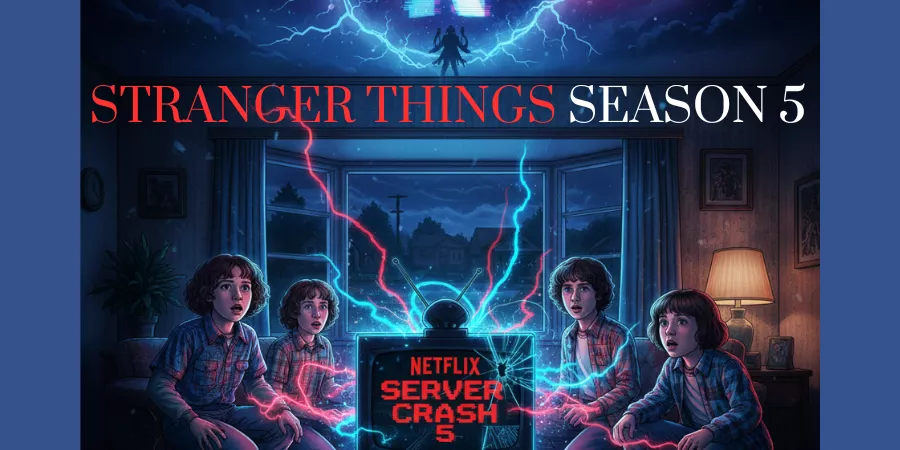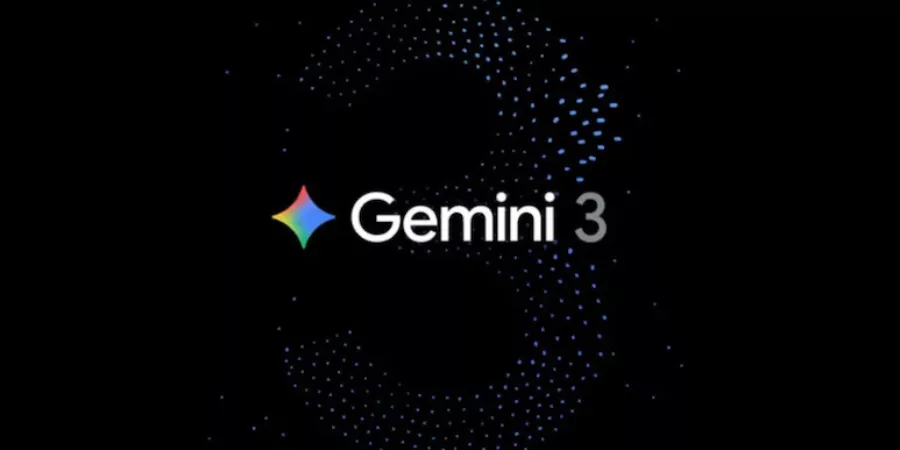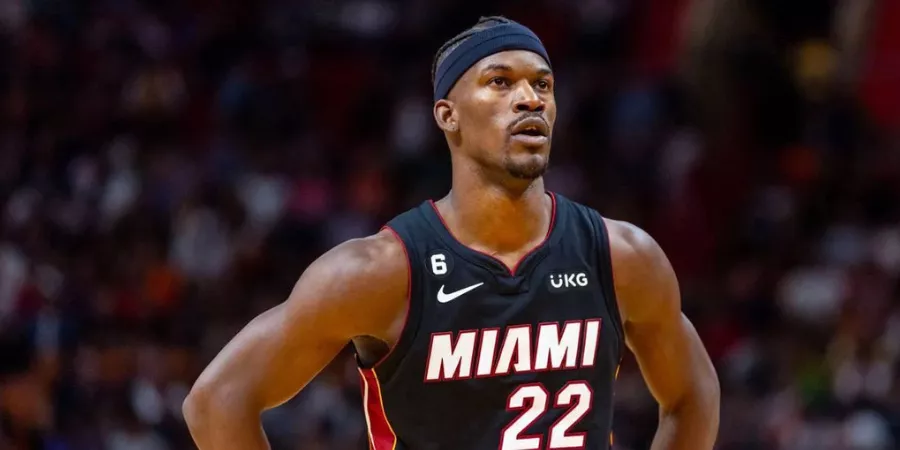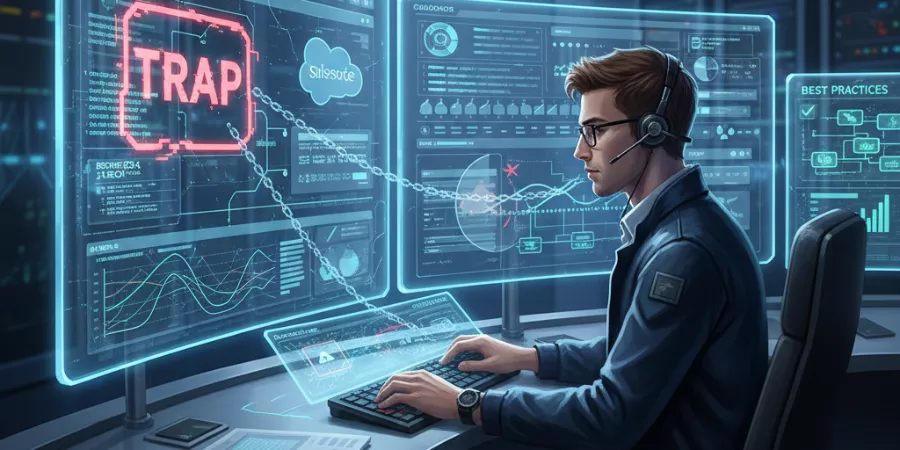In a significant move within the tech world, Sebastien Bubeck, Microsoft’s Vice President of Generative AI Research, is set to join OpenAI. Known for his pioneering work in artificial intelligence, Bubeck has played a key role in advancing generative AI technologies at Microsoft, helping the company strengthen its position in the fast-evolving AI landscape.
Sebastien Bubeck has been instrumental in shaping the future of AI-driven solutions, focusing on machine learning models that generate human-like text, images, and other creative outputs. His transition to OpenAI is expected to bolster the organization’s already-strong research capabilities, driving further advancements in generative AI.
A Major Industry Move
Bubeck’s decision to join OpenAI comes at a time when AI research is at the forefront of technological progress, with companies racing to develop more sophisticated AI systems. As a recognized leader in the field, Bubeck’s expertise will add significant value to OpenAI’s efforts to push the boundaries of AI technology, particularly in the areas of natural language processing, computer vision, and multimodal models.
Driving Innovation at OpenAI
OpenAI has emerged as a leading player in the AI research community, with notable contributions like GPT models and ChatGPT, which have revolutionized how AI can be used in various industries. With Bubeck on board, the organization is expected to further explore cutting-edge developments in generative AI, potentially leading to breakthroughs in how AI can assist in creativity, problem-solving, and human-like interaction.
Bubeck’s move to OpenAI signals not only a shift in leadership talent but also highlights the growing importance of generative AI in shaping the future of technology. His contributions will likely help OpenAI continue to set the standard for innovation in the AI field.
A Strengthening Partnership?
As Sebastien Bubeck transitions to OpenAI, industry analysts are also speculating on the broader implications for the partnership between OpenAI and Microsoft. The two companies have already collaborated extensively, with Microsoft integrating OpenAI’s technology into its Azure cloud platform and other products. Bubeck’s move could lead to even deeper collaboration, with both organizations benefiting from the cross-pollination of ideas and expertise.















